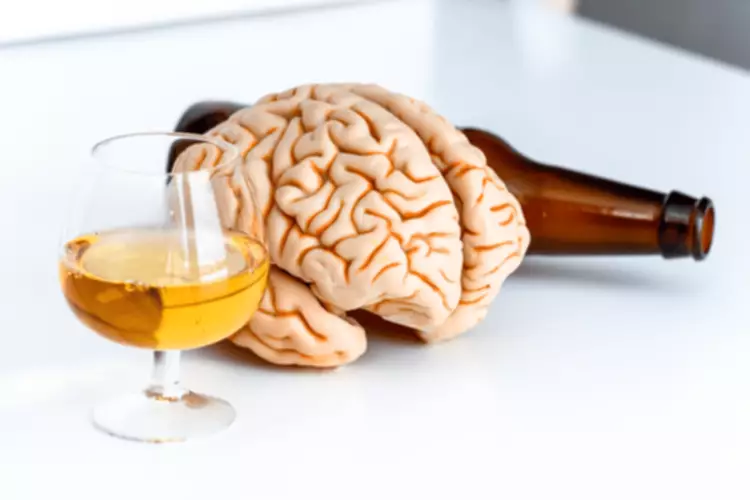Content
That said, I couldn’t blame all my past failures on the men I’d dated. One of my own pre-existing flaws that became apparent post-rehab — and which had contributed to my dating failures — was my obsessive behavior. In the drinking years, I’d hang on to every text, glance, smile, and Instagram comment that I received from a crush during the hours I was sober. Alcohol, however, helped me turn down the lights on these pesky fixations, numbing my thoughts and convincing me that I was healthy.
I would awaken during the night in withdrawal needing to take some alcohol to be able to get back to sleep. I was sliding down a very slippery slope without a solution. Alcohol had, over many years, subtly become my higher power, fully taking over my life. My tremors would be so bad that at times I could barely sign my name, never mind perform the necessary skills for my profession. My hands would sweat so much that I could barely don sterile gloves. I was fortunate at that time to primarily be supervising three highly skilled fellows training in our practice any involvement on my part.
Gaining Mental Clarity and Emotional Stability
These are stories of early bloomers like Tom Holland and industry veterans like Anthony Hopkins, vividly portraying sobriety’s importance at every stage of life. In the glitz and glam of Hollywood, the pressures of fame often intertwine with the shadows https://ecosoberhouse.com/ of addiction. A striking number of stars, surrounded by a lifestyle where indulgence is just a norm, are trapped in this challenging cycle. For Laura, what had begun as casual social drinking eventually became a far more pressing addiction concern.

Now when people ask, I tell them that it just doesn’t suit me… It doesn’t do anything for my spiritual state, my mental state, or my creative state. Quitting alcohol allowed me to build healthier relationships with improved communication, understanding, and respect, making them stronger than ever before. You’ll be able to focus on the things that matter most to you, like your career, relationships, and hobbies. You’ll have more time and money to invest in yourself and your passions.
Josh Connelly found the ultimate escape from himself with alcohol and drugs, sober since 2012.
Before becoming a global superstar, Dwayne Johnson faced the hardships of his family’s eviction, depression, and addiction. He eventually sought help and embraced sobriety, which led him to become a symbol of strength, perseverance, and positivity for millions around the world. After stopping drinking, individuals often notice improved sleep patterns, clearer skin, weight loss due to decreased calorie intake from alcohol and an overall increase in energy levels. The shift towards viewing sobriety as a lifestyle choice, rather than just an escape from addiction, is gaining momentum. For others, their decision was triggered by realizing they were headed down a destructive path.
This journey can take a few months or a few years, with many ups and downs, but it is achievable. Recognizing the dangerous trajectory of her addiction, she took proactive steps towards sobriety, embarking on a journey she has sustained for over two decades. Choosing to confront his struggles head-on, he embarked on sobriety.
How To Get Help & Recover From Addiction
Effective time management is crucial for balancing work and recovery. Prioritizing tasks, setting realistic goals, and ensuring adequate time for self-care activities like therapy sessions or support group meetings are essential. Design for Recovery empowers men struggling with addiction by providing 24/7 support, sobriety success stories mentorship, and teaches them how to live healthy, fulfilling lives. Dunham has navigated the stormy seas of addiction, coming out with insights that she generously shares. This journey, marked by vulnerability, introspection, and eventual recovery, offers hope to many and exemplifies the human spirit’s resilience.
- Because a lot of people think we just kind of hide, like you get sober and then you’re just detached from the rest of the world.
- Your narrative has the potential to light the way for someone lost in the darkness of addiction.
- Beyond her musical prowess, Welch has openly discussed her relationship with alcohol and her conscious decision to embrace sobriety.
- David Beasley is a compassionate leader and the visionary founder of Design for Recovery Sober Living Homes, where he dedicates his life to helping individuals reclaim their lives from addiction.
